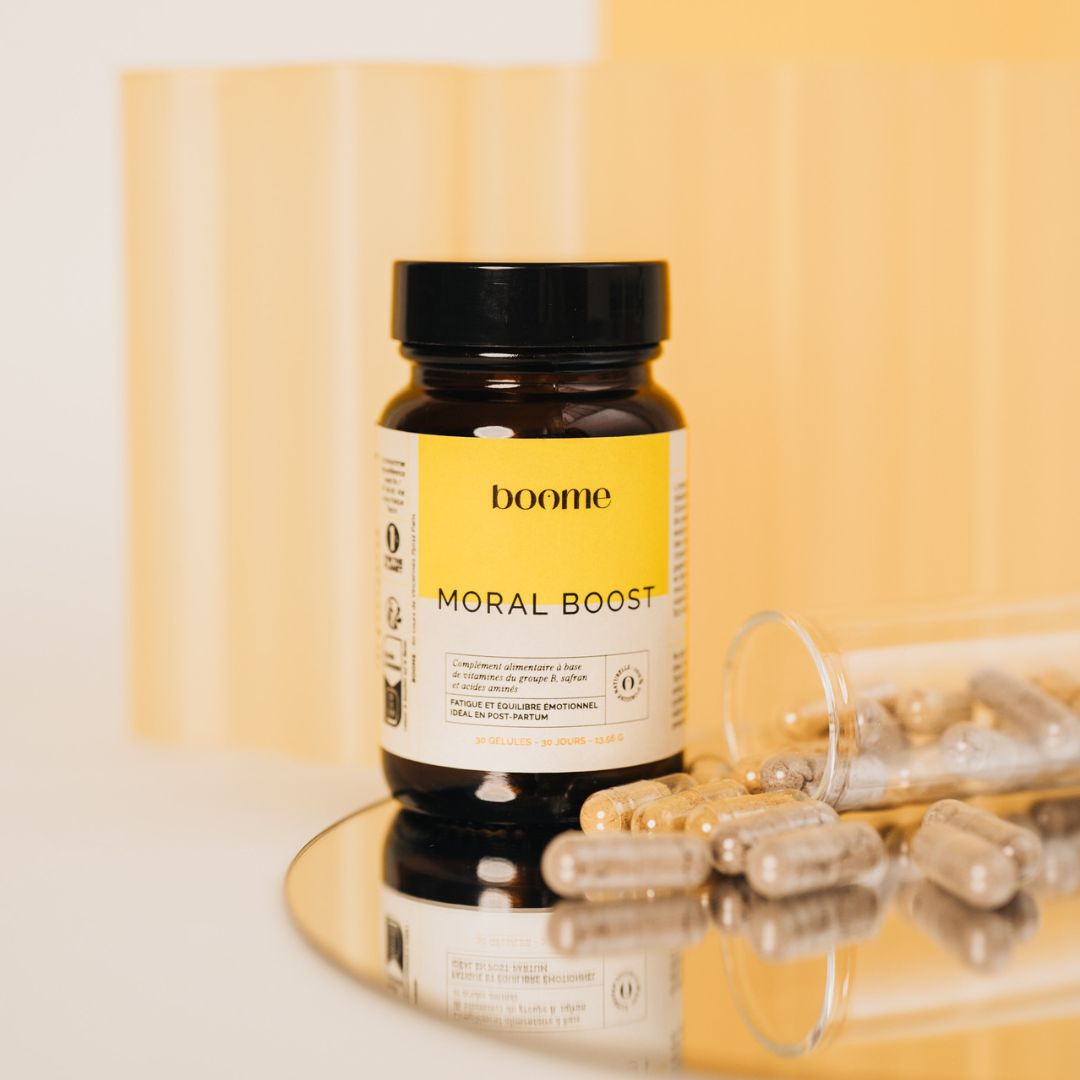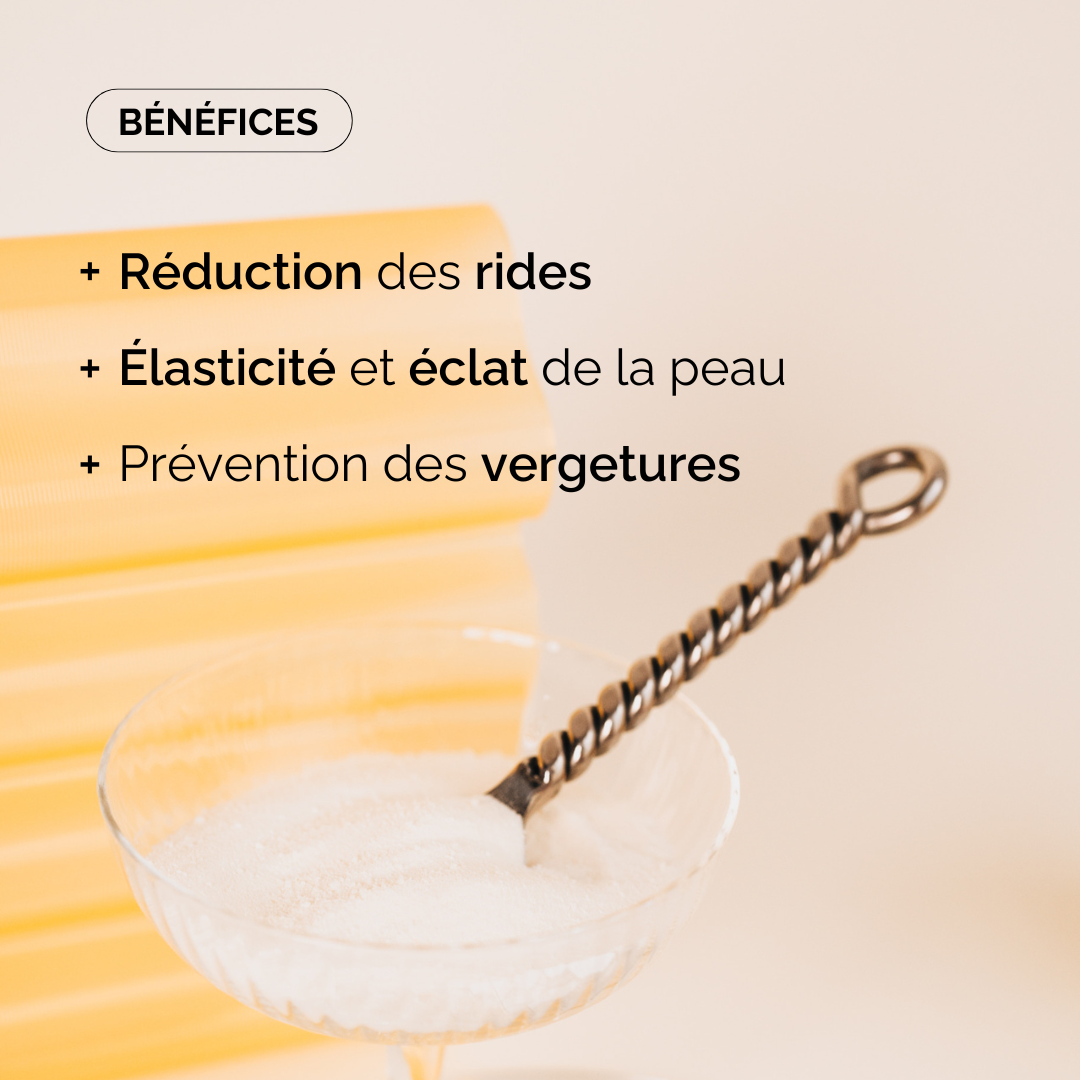
A swinging alliteration in English, the “ baby blues ”, it sounds good! And yet: this is a period that young mothers go through very frequently, but which is anything but a moment of pleasure. Fortunately, it is only a passage (another one! when we tell you that pregnancy does not last nine months ... ) to go through.
Baby is here, why do I have the blues?
It is often the most anticipated moment: childbirth is experienced as “deliverance” and the much-imagined meeting with your little one provides intense emotions. We tell ourselves that what awaits us is happiness and fulfillment. Certainly, but between what the body has been through, the first sleepless nights, the hormones on a roller coaster... mental and physical take a hit, even if it means making us have a difficult first few days/weeks. It is estimated that 50 to 80% of women go through this mood-altering episode. This starts in the first days of pregnancy (around the 3rd) and can last up to 2 weeks (symptoms can persist beyond that, accentuated by changing routine and accumulation).
The baby blues are not “in the head”! It is the direct consequence of all the changes experienced. After birth, pregnancy hormones drop sharply (notably progesterone and estrogen, which were made in the placenta) while those that help with breastfeeding (like oxytocin or prolactin) skyrocket (roller coaster, we tell you). said! Normal that it shakes).. Add to that the inevitable lack of sleep, sprinkle in the sudden stress that the reality of the little being in your arms can cause, and you get the baby blues.
How to recognize the baby blues?
The signs of baby blues can vary from woman to woman (just like no pregnancy will ever be the same as the next one). But the symptoms to spot are low morale, mood swings, irritability, intense fatigue (psychic and physical), greater sensitivity, crying (for nothing, etc.), disturbed sleep, etc. sometimes anxiety (will I be a good mother?), the feeling of not being good enough, and sometimes the sadness of an “empty stomach” (mourning the loss of carrying your child and the fusion).
We also call it the bottom of the bucket, the end of the roll (or the end of the tape, alternatively), the “I can't take it anymore” (if you have others, we'll take them to expand our vocabulary!). In short, we are suffocated, everything seems dizzying and we feel overwhelmed. Don't add a dose of guilt on top (like “I shouldn't be sad when my baby is here”): what you feel is just NORMAL. It is a very common episode after childbirth, which does not affect the relationship between the mother and her baby, and which disappears. gradually.
More severe or longer symptoms: watch out for postpartum depression
The baby blues are not supposed to set in for too long after giving birth (often two weeks but the reality of accumulated fatigue can prolong the symptoms #weevenknow), and even if it is painful, these mental disorders mood are without serious consequences. On the other hand, if your symptoms worsen or persist over time, you must discuss it with your medical entourage (midwife, doctor, etc.). It could be postpartum depression. It is a disease that requires treatment, and which should not be taken lightly. It can begin during the first year following childbirth (be careful between the 6th and 9th week post-partum). Great sadness, exhaustion, daily crying attacks that last for more than two weeks, difficulty being with your child are all symptoms to watch out for. If you have the slightest doubt, speak up! Don't go through this alone, putting it down to fatigue.
Take care of yourself to get back in shape faster!
Between the mental load, medical appointments and the tiny person who requires constant attention, it never seems a priority to take care of...you. And yet! A fit mother will be much better able to manage her baby's needs. This requires a good entourage, present and supportive (dad, the medical profession, family, friends, etc.) to reassure and relieve daily tasks and/or allow you to take a step back and take some time. Why not start by treating yourself to 30 minutes or an hour whenever you can? Whether it’s to take a nap, go for a massage or just go for a coffee on a sunny terrace, find a way to give yourself a little bubble to “breathe”. And at the same time, don't neglect your mental and physical well-being . The time required varies from one woman to another, but the sooner you get started, the sooner you get back on your feet! It starts with feeding yourself well. But that's not always enough for your body to recover. We designed Post Partum for that: to support mothers. It supports emotional balance, fights against fatigue, helps to cope with stress. Obviously compatible with breastfeeding, it forms a perfect combo with Pregnancy - which you can continue to use postpartum and therefore simultaneously - to provide your body with the vitamins and minerals (everything is explained on our product sheet) that it claims. And he deserves it! We can't sleep in your place... but we could do that. So we did it ! .









